Are you fascinated by religious architecture and history? Here are the must-see religious buildings in Saxony-Anhalt:
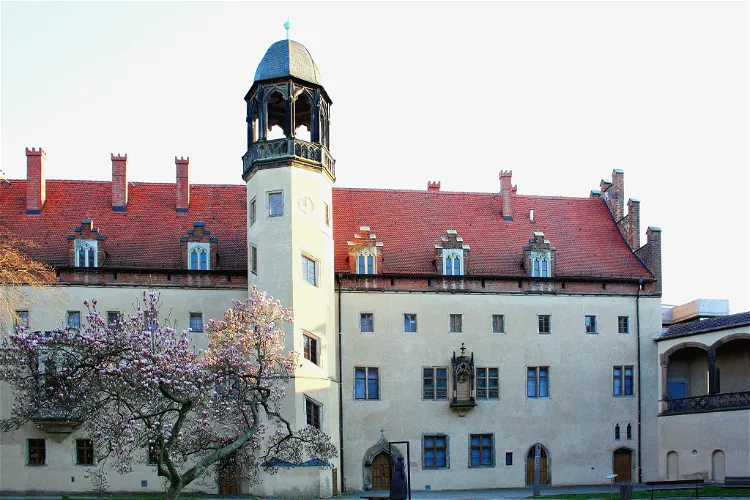
Luther Hall
WittenbergThe Luther House, or Lutherhaus in German, is a significant historical site in Wittenberg, Germany. It served as the home of Martin Luther, the Protestant reformer and founder of Lutheranism, for over 35 years. Today, it stands as a museum, offering visitors a glimpse into the life and work of this influential figure.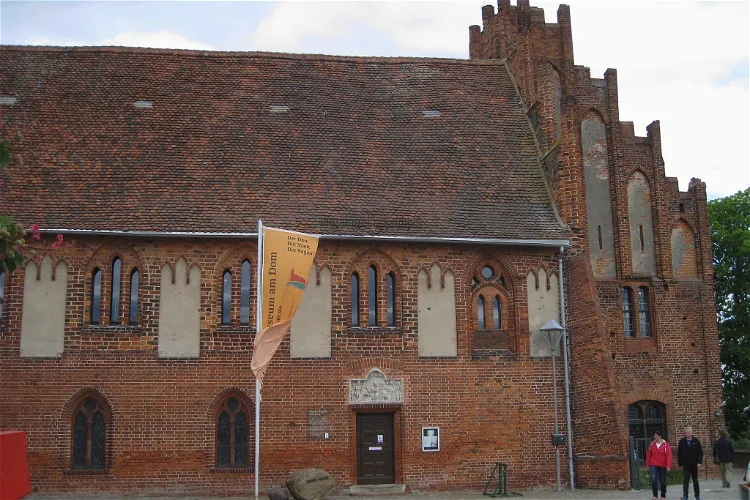
Prignitz-Museum
HavelbergThe Prignitz-Museum in Havelberg welcomes more than 10,000 visitors annually and is open throughout the year. This makes it a popular destination for tourists and locals alike. The museum's year-round availability allows visitors to plan their visit at a time that suits them best, making it a convenient option for those exploring the region.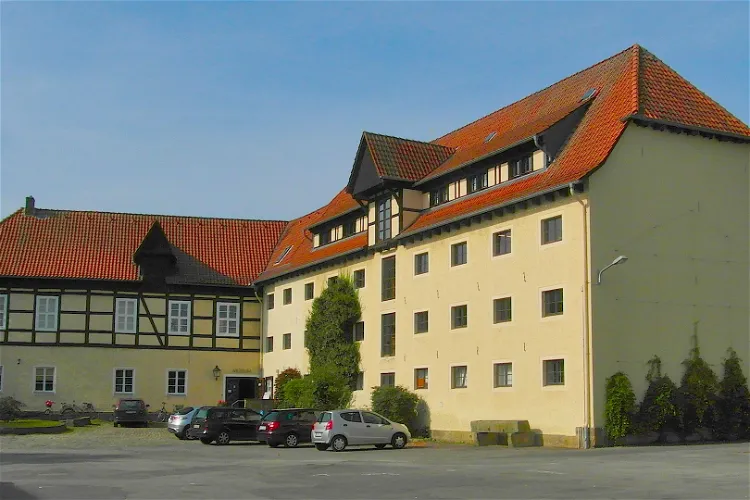
Ilsenburg Abbey
IlsenburgIlsenburg Abbey, located near Wernigerode in Saxony-Anhalt, Germany, was a monastery of the Benedictine Order. This historical site offers a glimpse into the religious and architectural history of the region.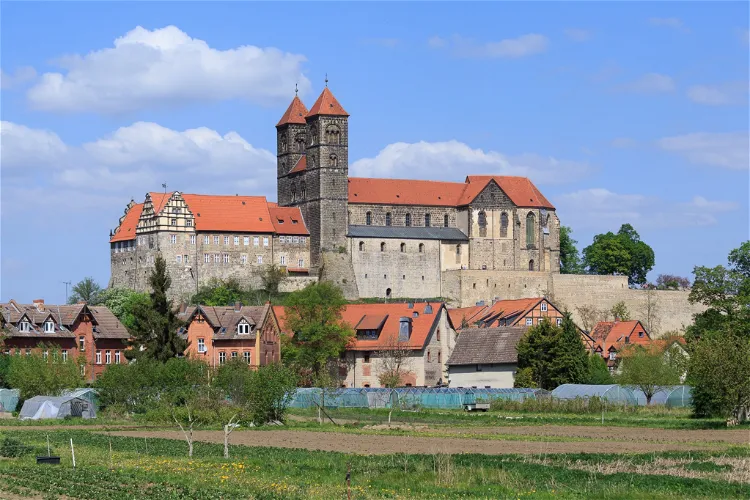
Stiftskirche St. Servaii Domschatz Quedlinburg
QuedlinburgThe Stiftskirche St. Servatius, also known as the Quedlinburg Cathedral, is a Protestant religious building located in Quedlinburg, Germany. This historic structure is a significant part of the city's cultural and religious heritage.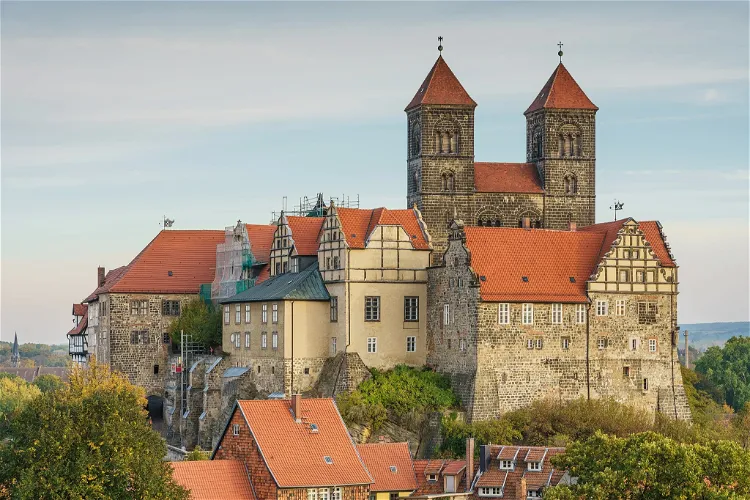
Schloßmuseum
QuedlinburgQuedlinburg Castle, also known as Schloss Quedlinburg, is a historical site that was originally part of the Quedlinburg Abbey. This castle is a significant part of the town's history and offers a glimpse into the past. Visitors can explore the castle and learn about its origins and the role it played in the history of Quedlinburg.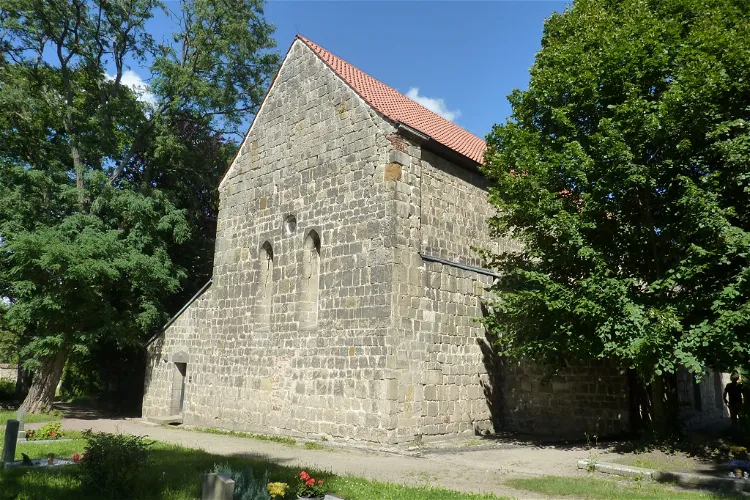
St. Wiperti Kirche
QuedlinburgSt. Wiperti is a church situated in the southwest of the castle hill in Quedlinburg. The church is dedicated to the saints Wigbert and James. This historical site is a testament to the architectural mastery of the Romanesque period, with its crypt and church bearing witness to its significant past as a royal court of the Saxon-Ottonian ruling house.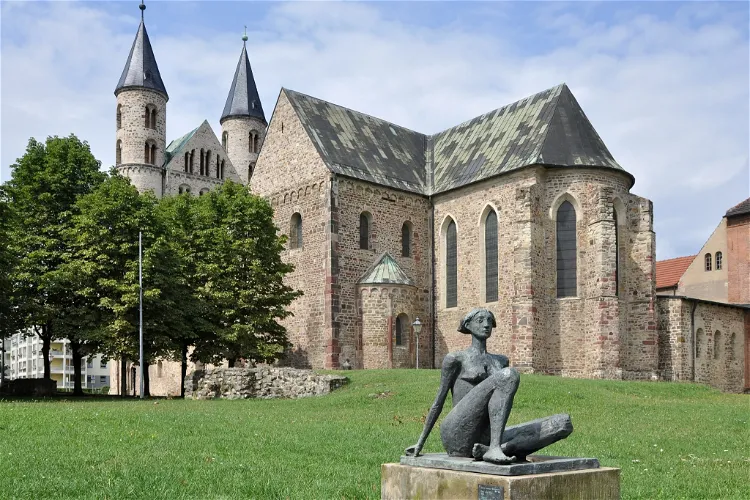
Kunstmuseum Kloster Unser Lieben Frauen
MagdeburgThe Kunstmuseum Magdeburg is the city's museum for contemporary art. It is conveniently located in the heart of the old town, close to the Elbe River and the Magdeburg Cathedral. This location makes it an easy addition to any tourist's itinerary, offering a chance to explore the rich contemporary art scene of the city.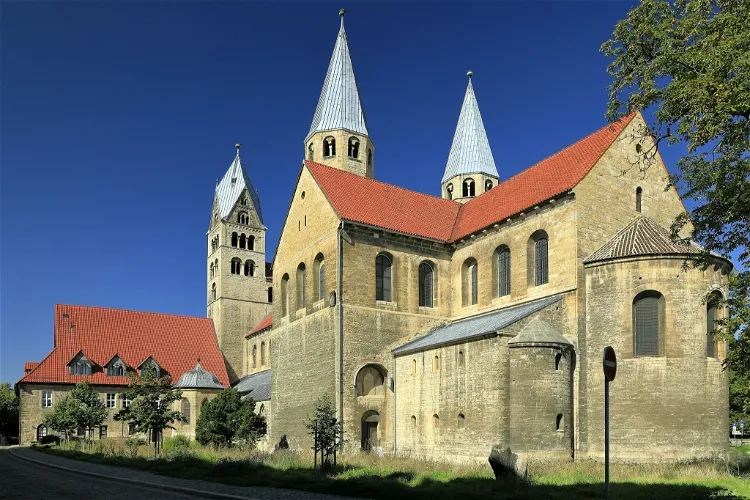
Liebfrauenkirche Halberstadt
HalberstadtThe Liebfrauenkirche, or Church of Our Lady, is one of the three main Evangelical churches in the German city of Halberstadt. It shares the cathedral square with the cathedral itself, and both churches were once part of the former cathedral fortress of the bishops of Halberstadt. The church celebrated its 1000th anniversary in 2005, marking a millennium of religious and architectural history.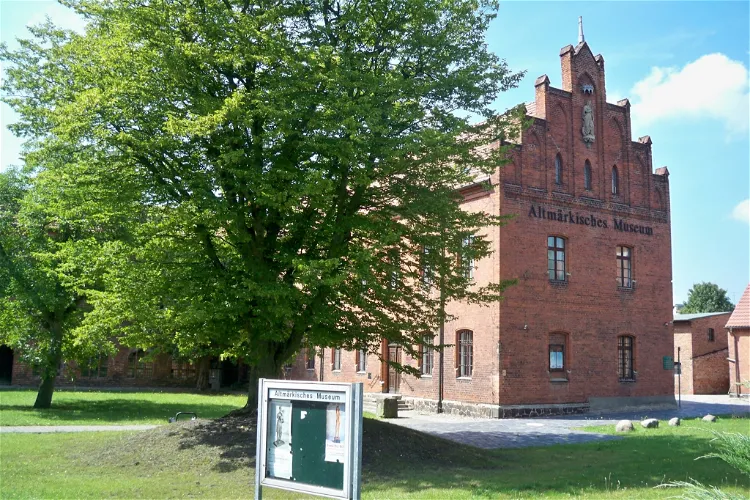
Altmärkisches Museum
StendalThe Altmärkisches Museum is a local history museum located in Stendal, Saxony-Anhalt. It is named after the Altmark region, and its exhibits present the history of this region. The museum is housed in the buildings of the former St. Catherine's Monastery.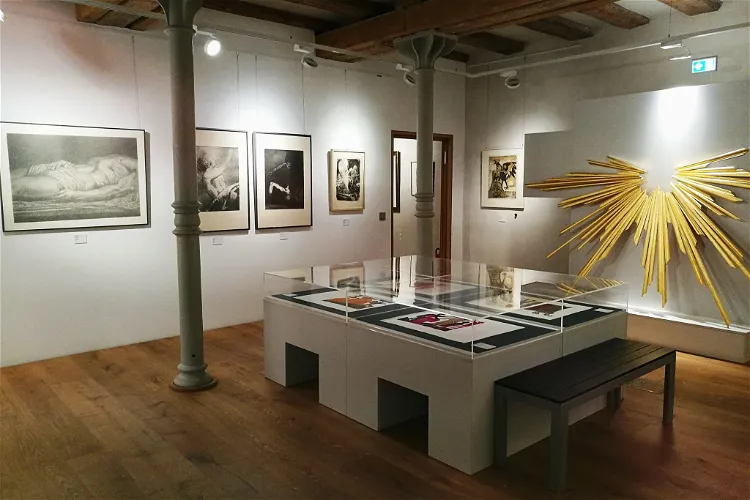
Christian Art Foundation
WittenbergThe Christian Art Foundation Wittenberg is home to a significant collection of Christian art graphics. These works, which contain religious-existentialist content, are by internationally renowned artists from the 20th century to the present. This collection provides a unique opportunity for visitors to explore the intersection of faith and art through the works of some of the most influential artists of the past century.